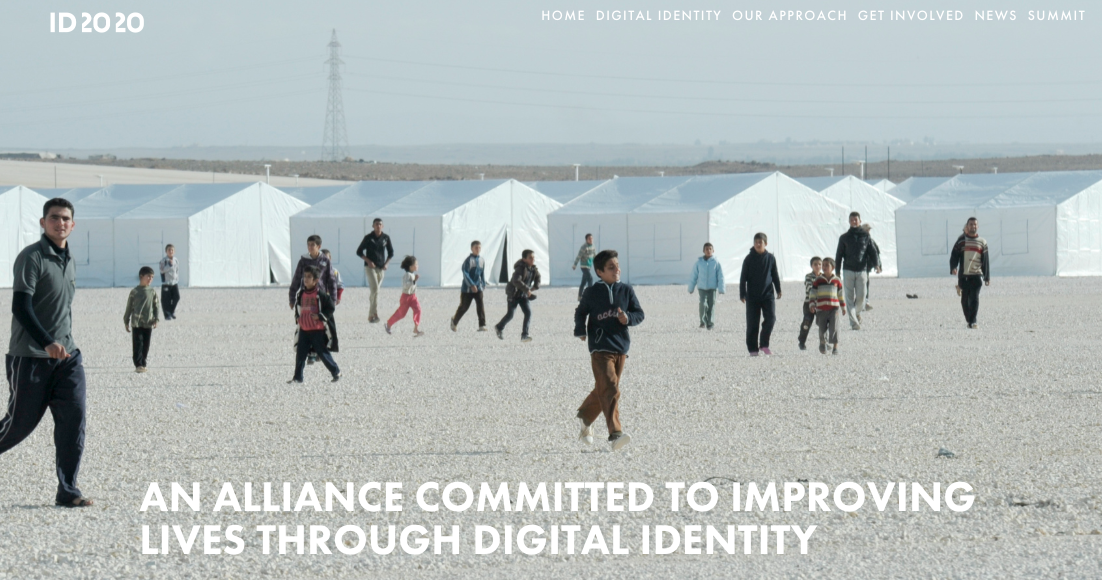
Digital identity brings about opportunities to improve lives. As highlighted by the ID2020 public-private partnership, which plans to offer digital identity, there are an approximated 1.1 billion people who live without an identity that is officially recognised. The development of digital identities could help to resolve this problem, reducing the number of people without an identity.

This is because a digital identity would be personal and individual, persistent from the moment of birth through to death, portable, so that it can be accessed anywhere, and in theory, private so that the individual can choose to whom they give permission to view the data. This means there can be complete clarity in society about who a person is, as their digital identity will exist throughout the entire lifecycle. A digital identity has the potential to be very beneficial for individuals, who can use such identities to access services in society – which otherwise might prove very difficult to gain access to.
One obvious application is for homeless people who currently struggle as a result of a lack of a physical address. A digital identity could be helpful in showing who they are and allowing them to access services that could help them off the streets – which is currently very challenging without a physical address of any sort as part of their identity. The humanitarian push for digital identities is important because it is recognised that an identity allows a person to access rights – which is difficult if the individual cannot be validated.
Reviewing what digital identity will mean in terms of society, registration of a digital identity at birth would mean that everything would be online from the very start. Critical information could be stored on the person’s digital identity, not just their name and date of birth. For example, a child’s vaccination record could be kept there. Additionally, voter registration information could be stored within digital identity. There could (in theory) be considerable benefits with regard to refugee registration in a new country, particularly if digital identities are interoperable between countries – though there are risks in this area, as will be shown below. Another useful application of digital identities in society is that they could be used for national identification cards. Such efforts are most likely to be effective and useful in society if they are holistic in nature.
Digital Identity and the Economy
In terms of the economy and for consumers, digital identities could be very advantageous, especially when it is considered that increasingly, populations are carrying out transactions online. As research analyst and consultancy firm McKinsey point out, “Validating one’s identity, while easy to do in person, can be cumbersome online.” This has meant that companies focusing on consumer sales and activities have had to find ways to validate people. However, digital identities could be very helpful in this regard.
Companies have been working to try and develop solutions for verifying customers’ identities and so far, this has led to three different primary approaches being taken. The first is to use physical IDs for verification, such as the person scanning in a passport, national ID card or driving license and the company verifying this with the issuing authority. A second approach is the use of multi-factor authentication, where passcodes are sent to customers on a one-time basis to ensure it is really them – for example, if they are in a new location, or using a different device to usual. A third method that is currently used is having security questions that are focused on the customer’s history or on their previous transactions. There is more that could be done in terms of consolidating approaches and developing a singular digital identity for authentication and validation purposes, to save on the confusion and complexity in this area currently.
In short, identity is a complex and challenging matter at the current time, with a massive degree of inability for interoperability. There are benefits to be gained for individuals, governments, organisations and society as a whole through developing clear digital identities that could be used for authentication and verification much more widely. However, many questions remain on how to go about this.
Looking to stay ahead in business and tech? At intelligenthq, we connect professionals and startups with fresh, reliable content from leading scientific sources. Our platform is designed to inspire new ideas, drive innovation, and fuel change powered by smart insights and social media.
Read More:
what are some long-term consequences of not learning to save while you’re young?

Paula Newton is a business writer, editor and management consultant with extensive experience writing and consulting for both start-ups and long established companies. She has ten years management and leadership experience gained at BSkyB in London and Viva Travel Guides in Quito, Ecuador, giving her a depth of insight into innovation in international business. With an MBA from the University of Hull and many years of experience running her own business consultancy, Paula’s background allows her to connect with a diverse range of clients, including cutting edge technology and web-based start-ups but also multinationals in need of assistance. Paula has played a defining role in shaping organizational strategy for a wide range of different organizations, including for-profit, NGOs and charities. Paula has also served on the Board of Directors for the South American Explorers Club in Quito, Ecuador.










